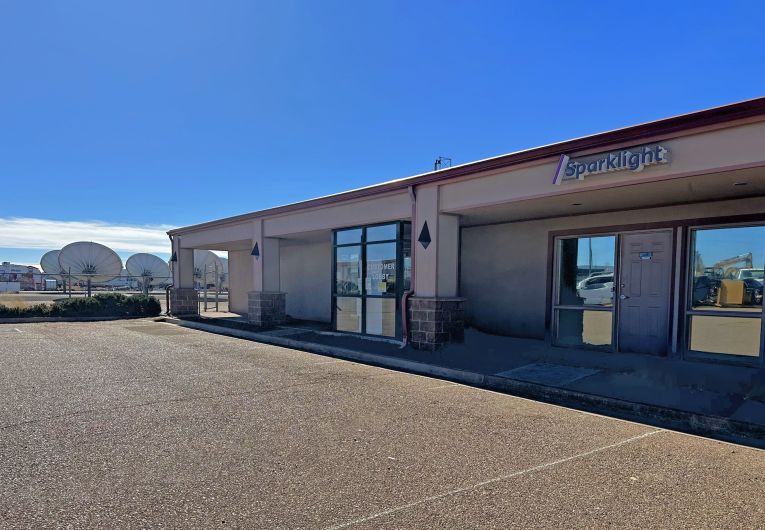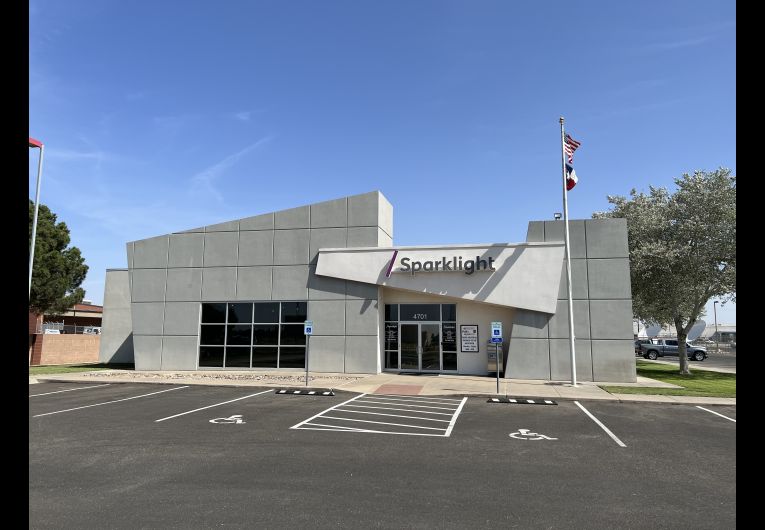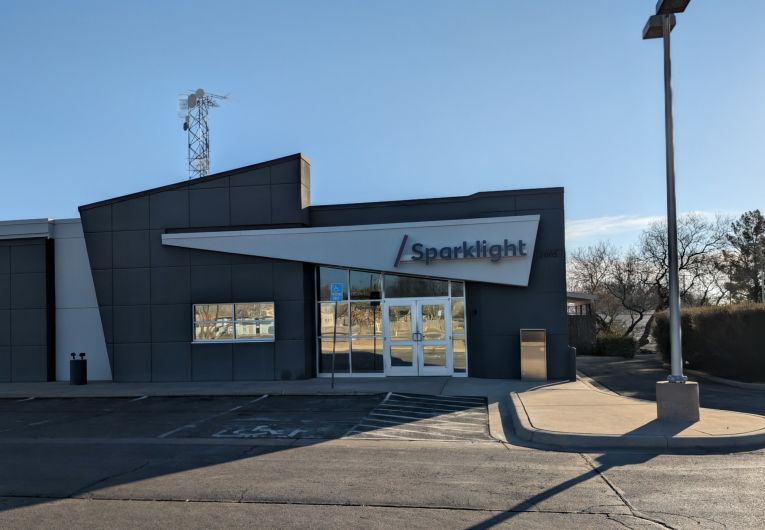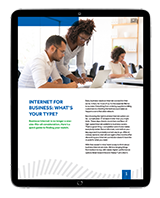
Choose Wisely – Fiber-Optic vs. Cable Internet
Copper or fiber? Which broadband Internet connection is right for your business? The two most prevalent and popular options – fiber-optic and cable-internet – give you plenty to choose from. In this article, we'll compare fiber optics and copper (cable) internet, the benefits of fiber optics, and the pros and cons of cable internet.
Fiber Optic vs Cable Internet: The Basics
When comparing fiber vs cable, fiber-optic cable is considered more advanced. It uses small, flexible strands of glass to transmit information as light.
Cable-internet utilizes copper cable (coax) and data is sent via electricity. This is how we’ve watched cable television for decades.
Fiber Optic vs Cable Internet: Availability
Fiber-optic cable represents the backbone of our telecommunications and cable industries. Fiber-optic cable is available in most markets. So, if you want a fiber-optic cable internet connection, a cable might need to be run to your business.
Yes, that sounds expensive, but depending on your location it may not be too bad. In fact, many fiber-optic internet providers are anxious to expand their network with fiber-optic cables and may be willing to negotiate construction fees.
Cable networks, on the other hand, are everywhere. Most business offices already have cable installed to their buildings. You can establish a fast, reliable cable-internet connection for your business the same way you do at home – by calling your local cable company.
Fiber Optical vs. Coaxial Cable: Speed
Fiber-optic cable is just flat out faster. Fiber offers speeds up to 10 Gbps, symmetrical upload and download bandwidth.
Cable-internet is slower – at the same time, though, it offers broadband speeds that meet the needs of most small and medium-sized businesses. Cable-internet, for example, represents a significant upgrade in speed compared to a DSL connection.
Standard Cable-internet speeds vary by provider and range from 10 Mbps to 1 Gbps download speeds and upload speeds from 3 Mbps up to 50 Mbps.
Fiber vs. Coax: Reliability
- When comparing coax vs fiber, fiber-optic is generally considered more reliable and offers a number of advantages when it comes to consistency and performance.
- With fiber, you enjoy a dedicated line – whereas with cable you will share a connection with other businesses. A dedicated line protects you against latency (delays processing data). With cable-internet, speeds can slow during high-volume times.
Copper Cable vs Fiber Optic Cable Price
In general, a fiber-optic internet connection is going to cost more than a cable-internet connection. The price gap is shrinking, though. Be sure to check all your options.
If your business has multiple locations, a fiber-optic connection at the home or hub office – with cable-internet connections at other locations – can often be an effective solution for balancing speed and capacity with affordability.
Contact Sparklight Business
Other configurations or custom solutions might also be available. Don’t be afraid to contact your local cable provider as you compare fiber optics and copper, and seek out the ideal internet option for your business.
With expertise on both fiber optics pros and cons, as well as coaxial pros and cons, Sparklight Business can help you make the best decision when it comes to fiber vs copper (coax). Call us today for more information at 855.873.9596.
Want to learn more? Check out this resource:
Download the infographic to 'Compare High-Speed Internet Options.'
The trends, insights, and solutions you need to grow your business.
By signing up, you’re subscribing to our monthly email newsletter, The
Wire. You may unsubscribe at any time.
Your information stays safe with us. Learn more about our privacy
policy.











![[#MSP_NAME#] Logo](/themes/sparklight_business/images/transition-logos/migration-banner-logo-[#MSP_CD#].png)
